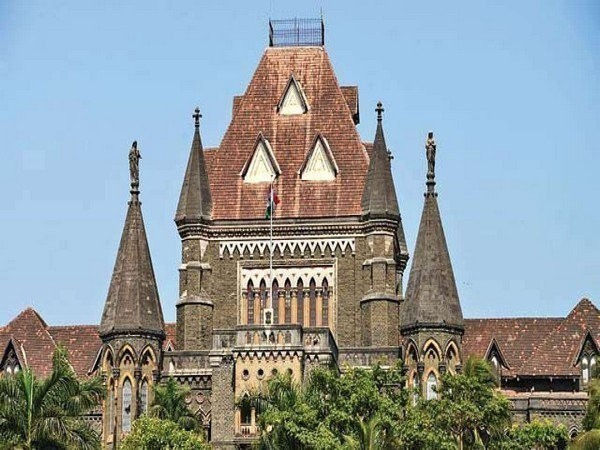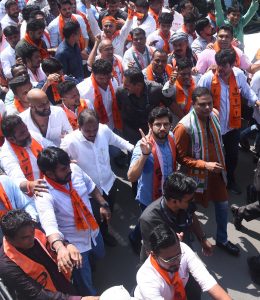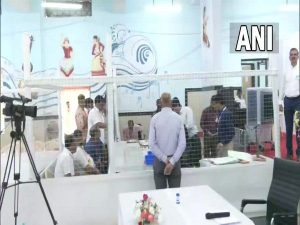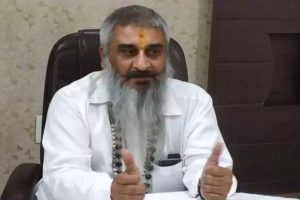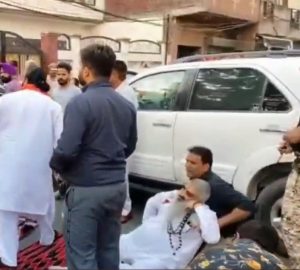The Freedom of speech and expression, provided under Article 19 of the Indian Constitution, is not an absolute right, the Bombay High court said on Friday while refusing to grant interim protection from arrest to a woman booked by the Mumbai and Palghar police.
Sunaina Holey, 38, was booked for allegedly making offensive remarks on Twitter against Chief Minister Uddhav Thackeray and his son Aditya Thackeray.
Holey approached the Bombay HC seeking that all the charges against her be quashed and she had sought, as an interim relief, that the court grants her protection from arrest till her case was heard finally and the court took a decision on quashing the FIRs against her.
Also Read | Surprised that state has no control over electronic media: Bombay High Court
Three FIRs were filed against Holey following complaints made by several persons, including by one Rohan Chavhan, a leader of the Shiv Sena’s youth wing Yuva Sena for offensive and defamatory comments against the state CM and his son on Twitter.
According to police, she had made a series of posts on social media between July 25 and 28, including an offensive caricature of Uddhav Thackeray and Aditya Thackeray.
Holey’s advocate Abhinav Chandrachud told the court on Friday while pressing for interim relief, that the 38-year-old’s rights under Article 19 of the Constitution were being breached.
However, a bench of Justices S S Shinde and M S Karnik, hearing Holey’s case, said that one’s right to free speech and expression under Article 19 were not absolute.
“Perhaps citizens are under the impression that freedom of speech and expression is an absolute right, without any restrictions,” the bench said.
The bench, however, accepted the state government’s oral assurance that Holey will not be arrested for at least two weeks, in the case and it has allowed her to approach the court at any time during this period in the case if the police decide to takes any coercive action against her, or if any of her rights were breached.

